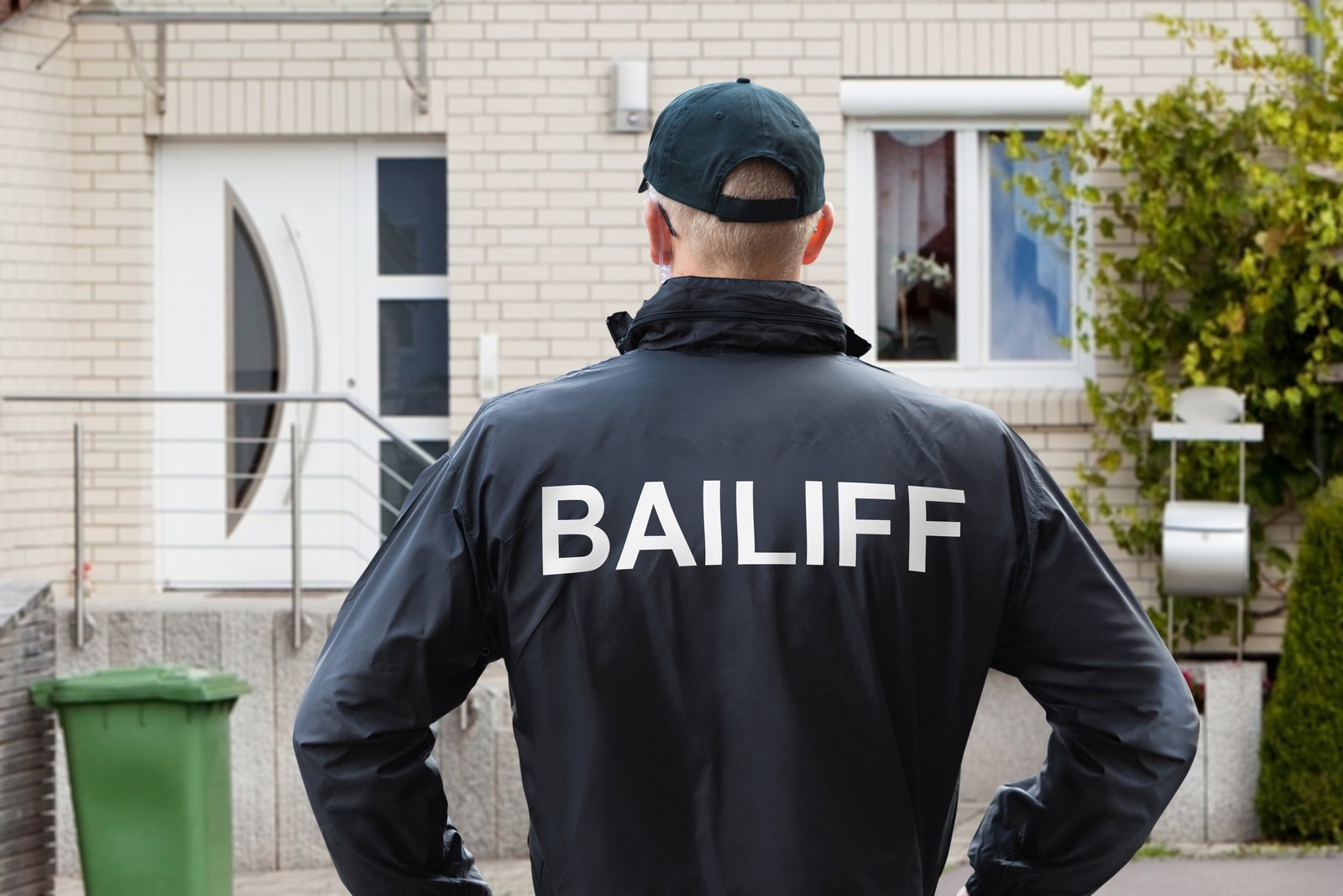If you’re struggling with unmanageable debts and little spare income, you may have come across the term Debt Relief Order (DRO). But what exactly is it, who qualifies, and how can it help? For many people, a DRO is a practical way to write off debts they simply cannot repay.
Understanding Debt Relief Orders
A Debt Relief Order is a formal debt solution designed for people with low income, minimal assets, and debts they cannot afford to repay. It provides legal protection from creditors for 12 months. During this time, you won’t have to make payments towards the debts included in the DRO. If your financial situation hasn’t improved after that year, those debts are written off completely.
At Bailiff Helpline, we regularly speak to people in this position. We can explain whether a DRO is the right solution for you, or whether another option—like an IVA or repayment plan—may be better suited.
Who Qualifies for a DRO?
- Not everyone is eligible for a DRO. You may qualify if you:
- Owe £50,000 or less in total unsecured debt (England and Wales)
- Have £75 or less disposable income each month after essential bills
- Own a car over £4,000
- Own assets worth no more than £2,000 in total (excluding basic household goods)
- Don’t own your own home
- Have not had a DRO in the last six years
If you’re unsure whether you meet these criteria, Bailiff Helpline can help assess your situation in detail and point you toward the most realistic way forward.
What Debts Can Be Included in a DRO?
A DRO can cover most unsecured debts, including:
- Credit cards and loans
- Overdrafts
- Council tax arrears
- Utility bills
- Benefit overpayments
Some debts, however, cannot be included—such as student loans, court fines, and child maintenance arrears. Our advisers at Bailiff Helpline can explain exactly which of your debts qualify, so there are no surprises later.
How Does a DRO Protect You?
Once a DRO is approved:
- Creditors cannot take enforcement action against you
- Bailiffs cannot visit to collect covered debts
- Interest and charges on those debts are frozen
- After 12 months, the debts are written off
For many people, this breathing space is life-changing. At Bailiff Helpline, we can help prepare you for what to expect during those 12 months and ensure you understand how to protect yourself from bailiff action in the meantime.
The Downsides of a DRO
While a DRO can provide relief, it isn’t right for everyone. It will:
- Stay on your credit file for six years
- Limit access to credit during that time
- Prevent you from acting as a company director
- Be revoked if your financial situation improves significantly during the 12 months
Because of these drawbacks, it’s important to get professional advice. Bailiff Helpline can talk through both the pros and cons, so you can be confident you’re making the right choice.







